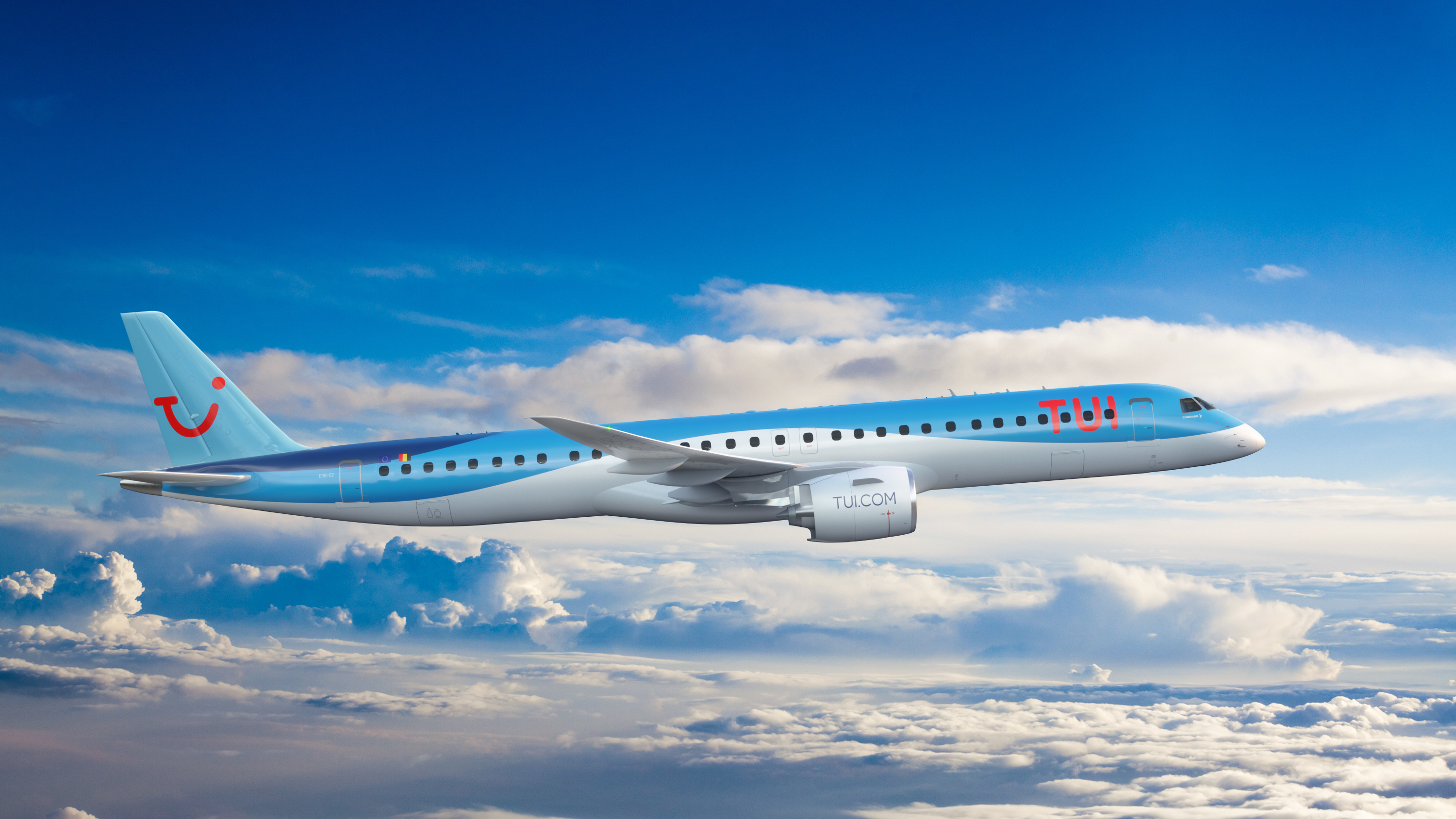TUI Group has reported record revenue for the full year 2023, climbing by 25% to €20.7bn (US$22.32bn), up from 2022’s total of €16.5bn (US$ 17.79bn). The underlying Group earnings before income and tax has also risen from €409 to 997 million (US$409 to $1,074 million), with CEO Sebastian Ebel commenting: “the transformation is taking effect”.
Alongside a strong operating performance across the ‘holiday experiences’ segment, the Group’s markets and airlines segment also reported a positive EBIT for the first time post-pandemic - €241 million (US$260m) compared to 2022’s €59 million (US$63.6m). Net debt was ‘significantly reduced’ by €1.3bn (US$1.4bn), standing at €2.1bn (US$2.26bn) as of September 2023.
Driven by a strong demand in passenger volumes (19.1 million in the 2023 financial year up from 16.7 million), “our strategic initiatives to increase value and the current booking trend lead us to expect a further improvement in 2024,” clarified Ebel. Following a strong final quarter, the underlying group EBIT climbed by 139% year-on-year to €977 million (US$1,075m), and is expected to grow by at least 25% (with an increase of revenue of at least 10%) in 2024.
Market and airline tour operators across TUI’s northern, central and western regions all recorded an improved business performance across all markets, with the northern region’s underlying EBIT improved to €71 million (US$76.55m) following 2022’s loss of €102 million (US$110m). The central region’s EBIT was up from 75 million to 88 million Euros (USD 80.86 to 94.87m), and the western region’s underlying EBIT rose from €-32 million to €81 million.
Full-year 2024 projections currently indicate a revenue growth of at least 10% year-on-year with an increase in underlying EBIT of at least a further 25%. In the medium term, TUI also expects an average growth in underlying EBIT of around 7-10%, a net leverage ratio of well below 1.0x and a return to a credit rating equivalent to BB/Ba (Moody's/S&P) before the pandemic.
TUI also disclosed with its annual results that it had been approached by certain shareholders to 'discuss and understand' whether its current stock exchange listing structure was 'optimal and advantageous' for the company, and if the 'simplification of the listing structures and an inclusion in the MDAX would be beneficial for TUI'. The company has a dual listing in London and Frankfurt, however a large volume of trading has migrated to Frankfurt over the past four years. A move would need the approval of 75 per cent of shareholders.
